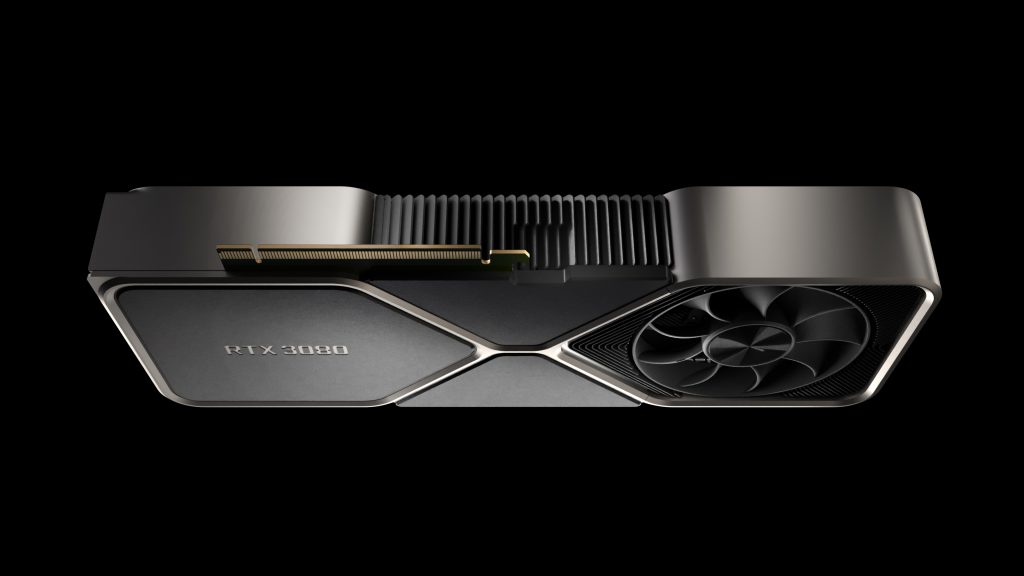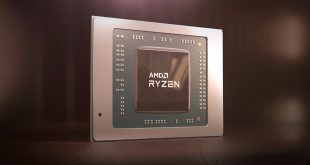When Nvidia launched the RTX 30 LHR series cards, its objective was to keep miners away from them, with gamers being the target audience for these cards. However, the developers behind NBMiner have managed to partially unlock the mining performance for these GPUs, offering up to 70% of the maximum hash rate.
NBMiner, a mining software used to mine multiple cryptocurrencies, has received a new update that allows Nvidia RTX 30 LHR cards owners to use up to 70% of their unlocked mining performance. The changelog explains that this only works for the Ethereum mining algorithm at the moment. However, future versions of the mining software might increase mining performance on LHR cards when using other algorithms.
In NBMiner's 39.0's changelog, the developer explains how to configure the mining software to unlock extra mining performance on LHR cards. Instead of just turning the limiter off, users will have to state how much of the hash rate they want to use. The developer recommends users set it at 68%, so the card uses 68% of the maximum unlocked hash rate of a card.
The LHR series should feature a new mining performance limiter different from the one employed in the RTX 3060. This card was released in February, but soon after that, its mining performance was unlocked by Nvidia itself when it launched a beta driver without the limiter. After that, Nvidia employed new anti-mining tech on all cards, resulting in new LHR GPUs.
Discuss on our Facebook page, HERE.
KitGuru says: NBMiner may have found a way to unlock a good part of the locked hash rate for Ethereum, but it's still more profitable to mine other cryptocurrencies if you have an Nvidia LHR card, for now at least.
 KitGuru KitGuru.net – Tech News | Hardware News | Hardware Reviews | IOS | Mobile | Gaming | Graphics Cards
KitGuru KitGuru.net – Tech News | Hardware News | Hardware Reviews | IOS | Mobile | Gaming | Graphics Cards



